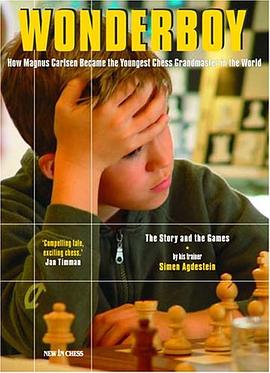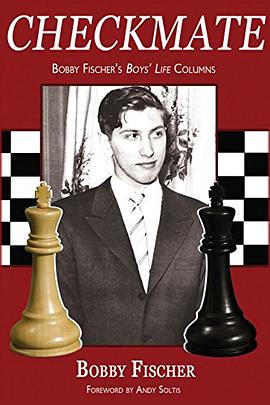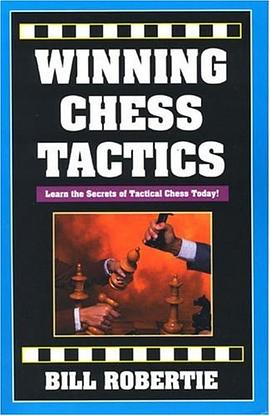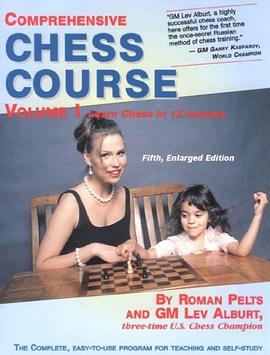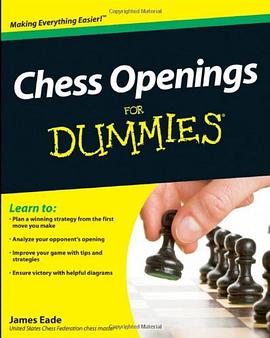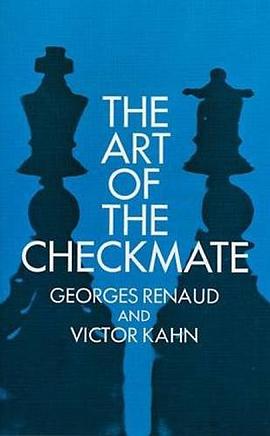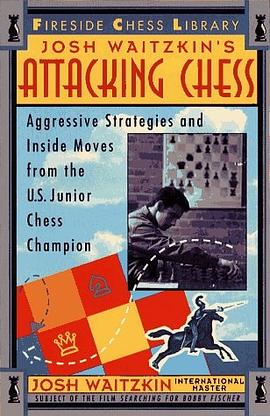

Power Play The Literature and Politics of Chess in the Late Middle Ages Jenny Adams The game of chess reached western Europe by the year 1000, and within several generations it had become one of the most popular pastimes ever. Both men and women, and even priests played the game despite the Catholic Church's repeated prohibitions. Characters in countless romances, chansons de geste, and moral tales of the eleventh through twelfth centuries also played chess, which often symbolized romantic attraction or sexual consummation. In Power Play, Jenny Adams looks to medieval literary representations to ask what they can tell us both about the ways the game changed as it was naturalized in the West and about the society these changes reflected. In its Western form, chess featured a queen rather than a counselor, a judge or bishop rather than an elephant, a knight rather than a horse; in some manifestations, even the pawns were differentiated into artisans, farmers, and tradespeople with discrete identities. Power Play is the first book to ask why chess became so popular so quickly, why its pieces were altered, and what the consequences of these changes were. More than pleasure was at stake, Adams contends. As allegorists and political theorists connected the moves of the pieces to their real-life counterparts, chess took on important symbolic power. For these writers and others, the game provided a means to figure both human interactions and institutions, to envision a civic order not necessarily dominated by a king, and to imagine a society whose members acted in concert, bound together by contractual and economic ties. The pieces on the chessboard were more than subjects; they were individuals, playing by the rules. Jenny Adams teaches English at the University of Massachusetts, Amherst. The Middle Ages Series 2006 | 264 pages | 6 x 9 | 9 illus. ISBN 978-0-8122-3944-7 | Cloth | $59.95s | GBP39.00 ISBN 978-0-8122-0104-8 | Ebook | $59.95s | GBP39.00 World Rights | Literature Short copy: Reading through influential texts of the later Middle Ages, Adams shows how specific representations of chess encoded concerns about political organization, civic community, and individual autonomy.
具體描述
讀後感
評分
評分
評分
評分
用戶評價
相關圖書
本站所有內容均為互聯網搜索引擎提供的公開搜索信息,本站不存儲任何數據與內容,任何內容與數據均與本站無關,如有需要請聯繫相關搜索引擎包括但不限於百度,google,bing,sogou 等
© 2025 qciss.net All Rights Reserved. 小哈圖書下載中心 版权所有



